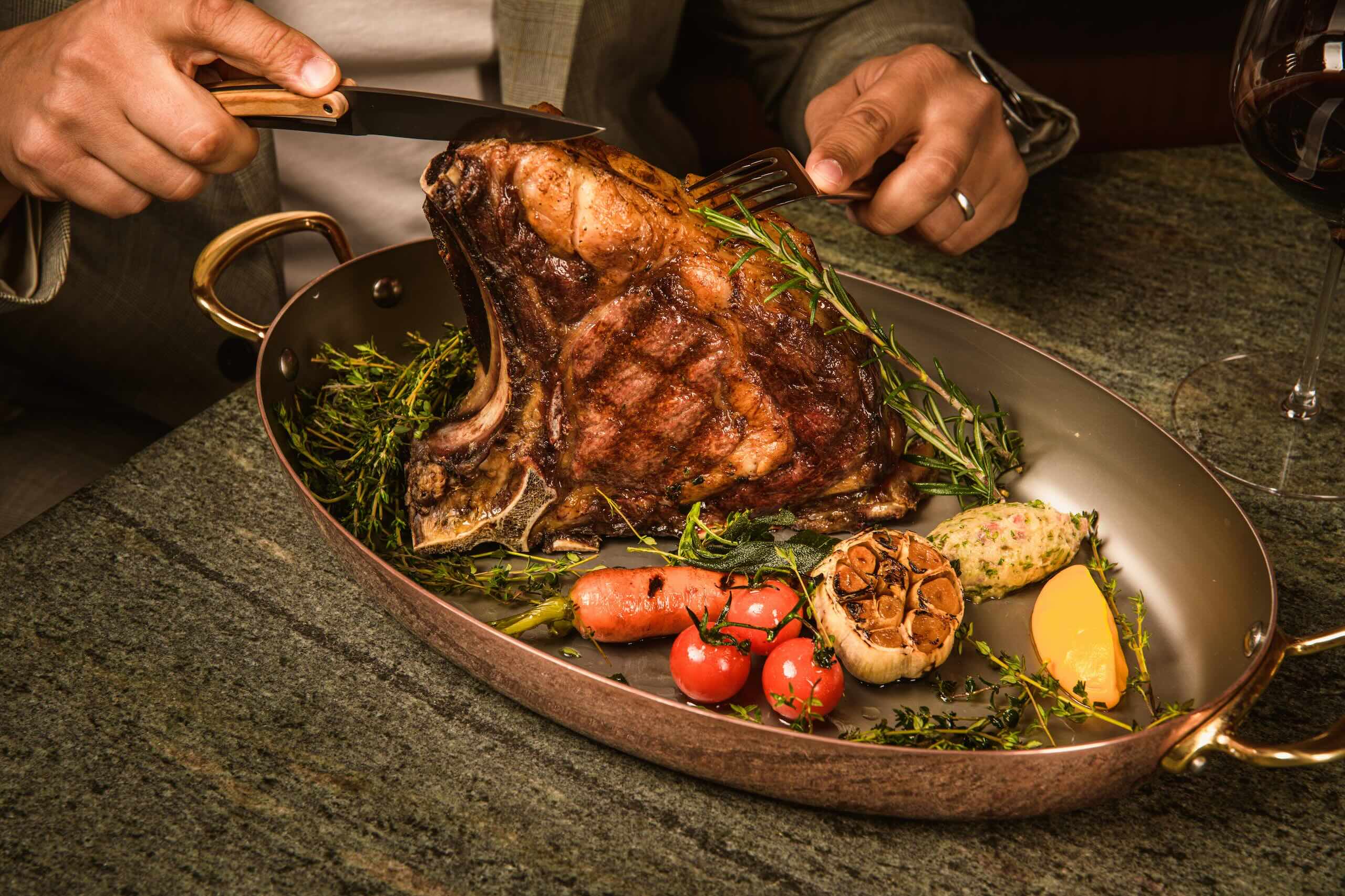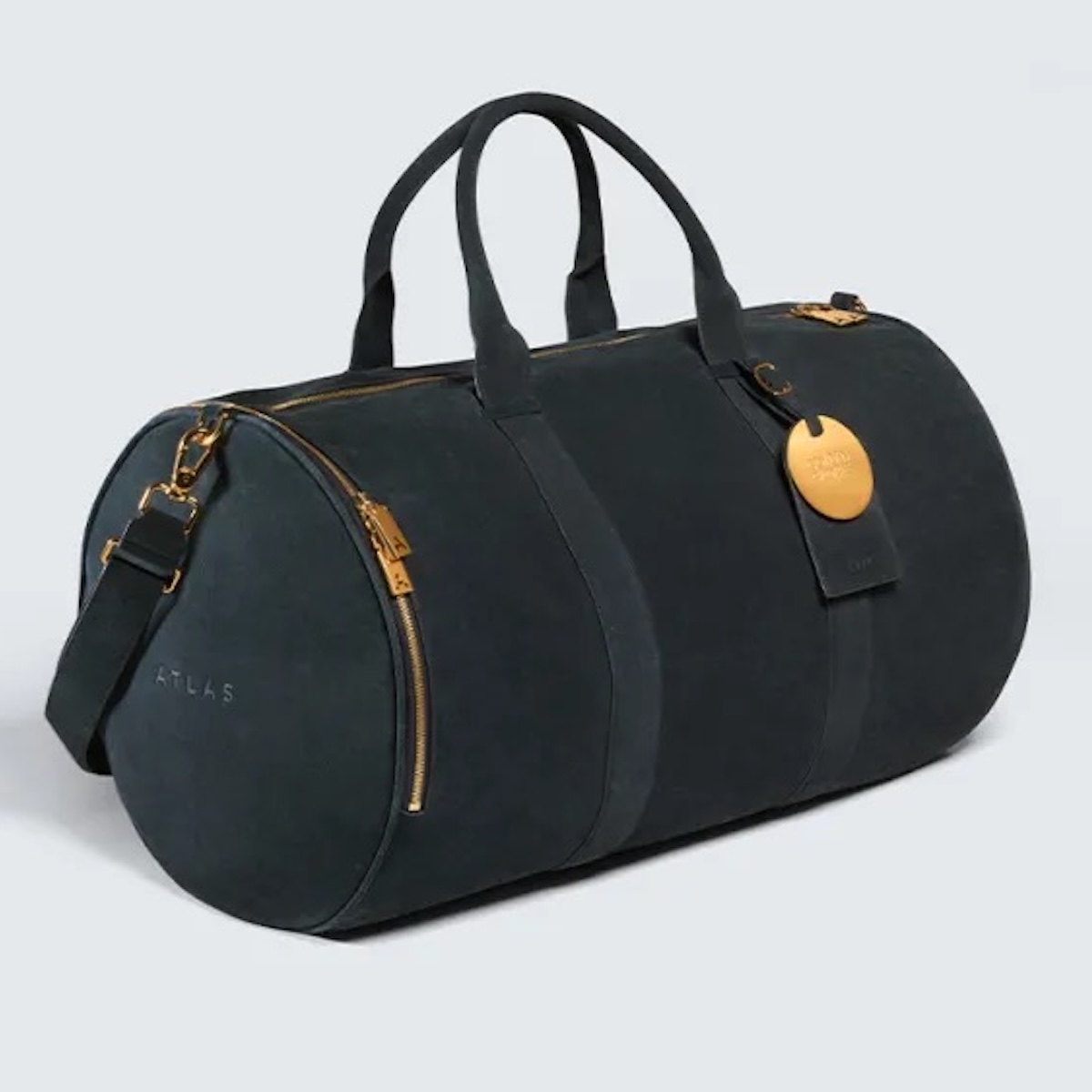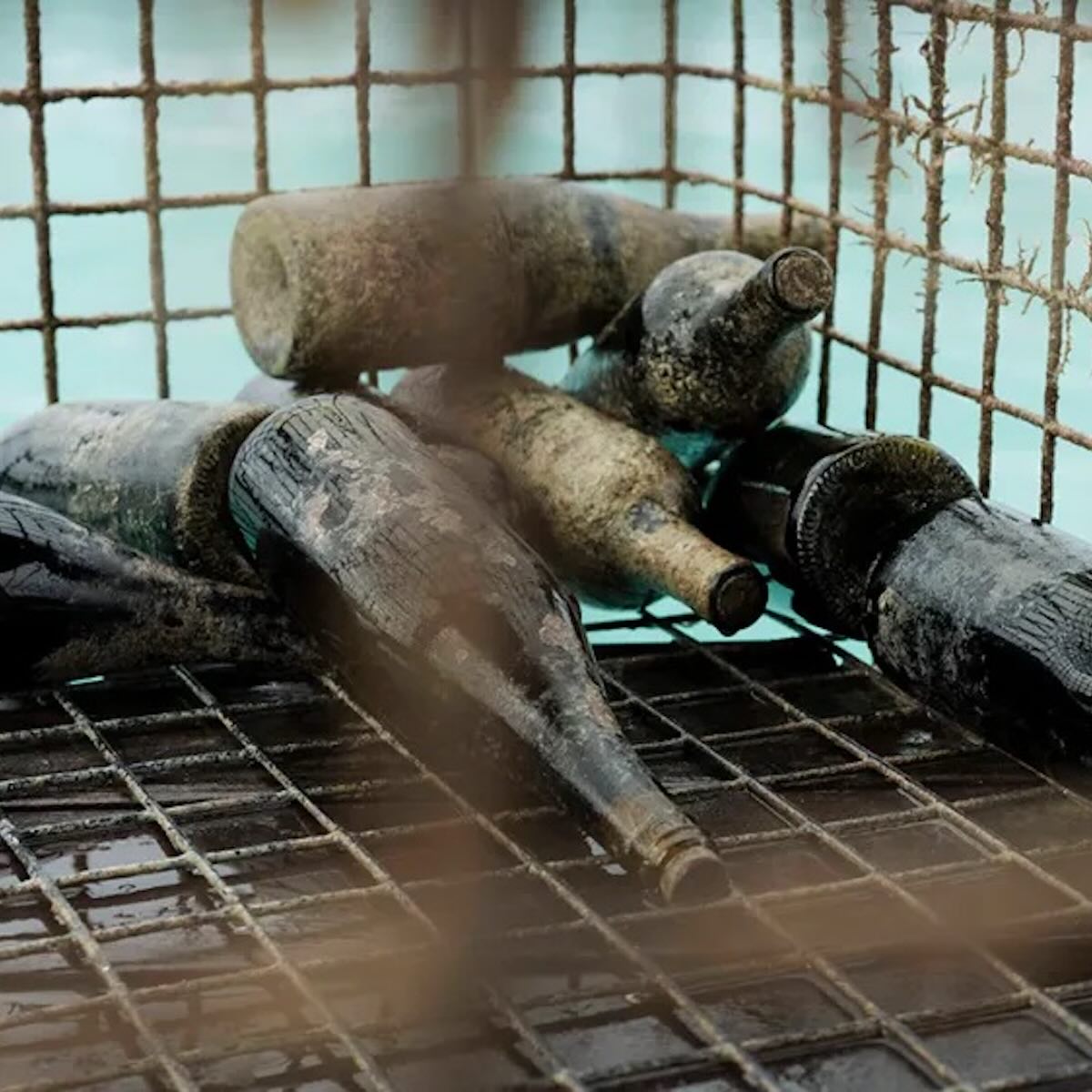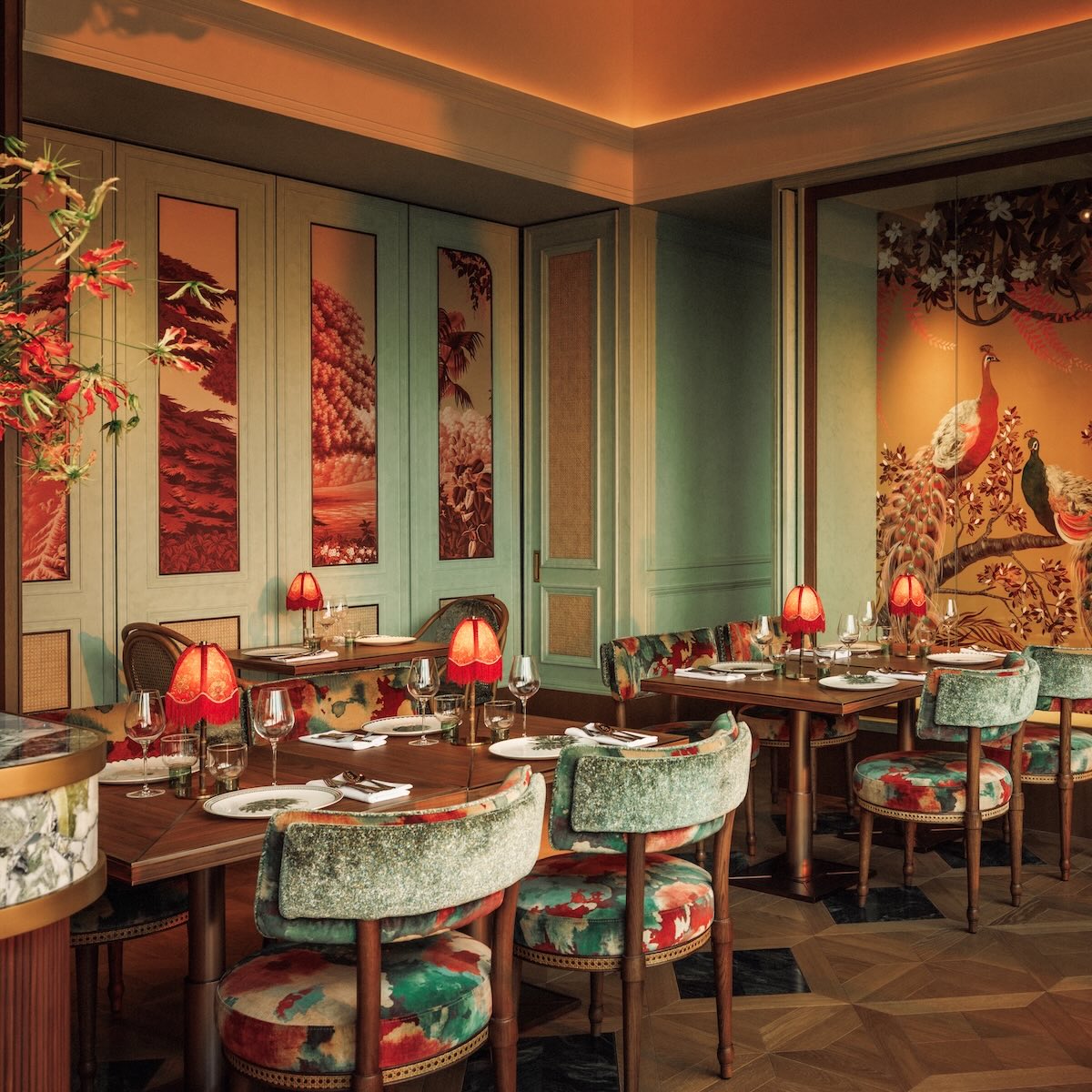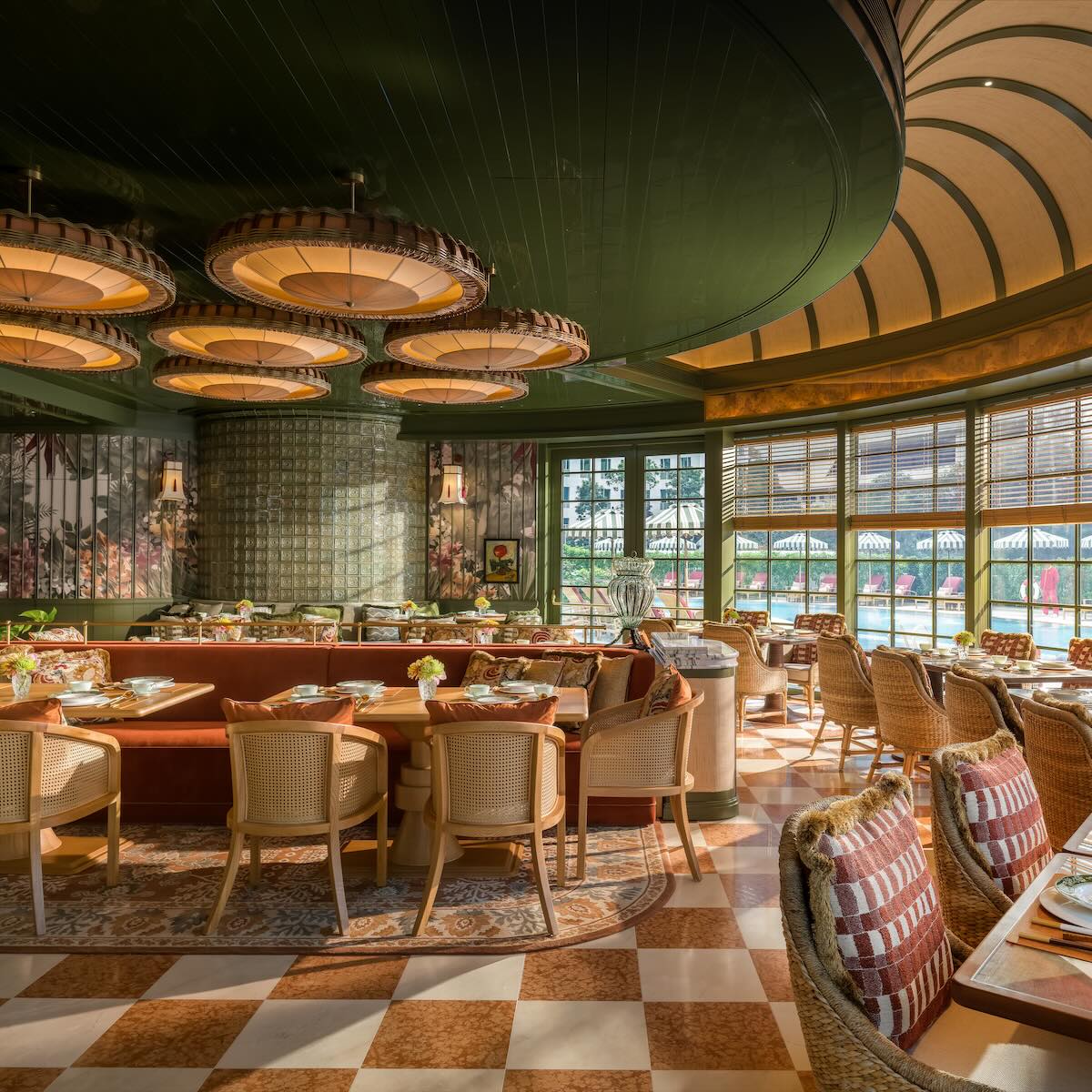At a time when responsible and sustainable dining—popularly a realm dominated by plant-based cuisine—is the topic on everyone’s lips, Dario Cecchini, the eighth-generation Italian butcher behind Carna, firmly believes that meat still deserves a seat at the table.
“My menu at Carna is how I explain how to be responsible carnivores and how to give thanks for the sacrifice,” he tells Robb Report Hong Kong shortly after the opening of his new restaurant at Mondrian Hong Kong. For Cecchini, the future of food means looking to the past, delving into generations of butcher’s traditions passed down through his ancestors. One of the most important lessons he’s been taught is to make sure “the animals have a good life, good space, good food, a dignified death, and that every part is used well, from nose to tail.”
If his name sounds familiar, it’s probably because Cecchini’s charismatic personality is hard to forget. Hailing from Panzano in Tuscany, the experienced butcher has been immortalised on the Chef’s Table television series for his unique story and dining philosophy, but he made headlines long before that when he staged a mock funeral in his hometown in the early 2000s to honour the Fiorentina T-bone steak following a ban due to mad cow disease. Suffice it to say, Cecchini knows how to put on a dinner and a show.
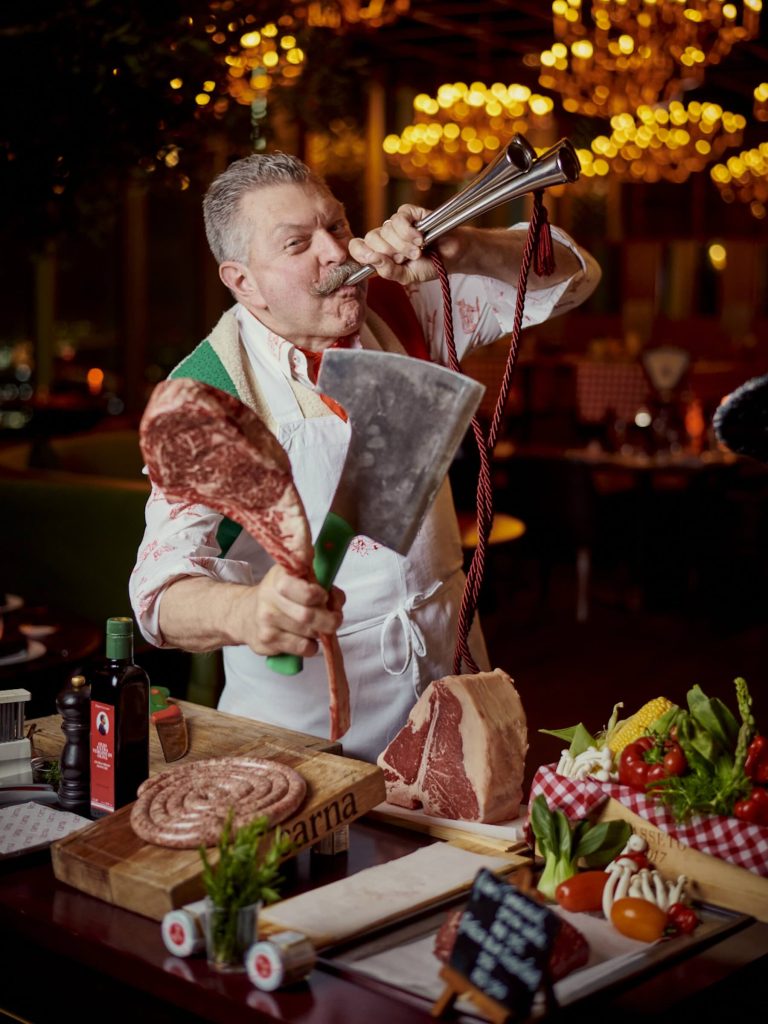
Inheriting a 250-plus-year-old family business is a daunting task, especially for Cecchini, who had wanted to become a veterinarian before his father’s illness rendered the son heir to the butcher shop. It was a steep uphill climb to learn the tricks of the trade, and the path was marred by trials and tribulations. Eventually, through a shifting of mindset and gleaning wisdom from those who had worked closely with his father, Cecchini learnt to embrace that being a butcher is not just about cutting meat; it means honouring the gift of the animal.
His latest establishment, Carna, is far from a classic steakhouse. Carna is a butcher’s project, Cecchini declares proudly, referring to the restaurant as a “whole-cow house,” based on the idea that the sacrifice of the animal is made more respectful and sustainable. One of his goals is to provide an educational experience, guiding diners away from the misconception that “the only cuts worth eating are steaks and fillet,” so nose-to-tail dining can be embraced in its entirety. “Meat is my job. I try to prepare every cut so that it is delicious to the fullest.”
Familiar cuts such as the porterhouse, chuck flap, flat iron, tenderloin, rib-eye, striploin, and more are well-represented on the menu, and make up just a few of the 18 different parts of the cow that are available to taste at Carna, using cattle sourced from Italy, Australia, the US, Japan, and Ireland. Soon, Cecchini hopes, the meat that is sold in his Antica Macelleria Cecchini butcher shop in Panzano will also be served at Carna, as their cows are something special indeed, “bred roaming free in the Pyrénées National Park, by the only family that has had permission from the king of Spain to raise cattle in a national park for 150 years.”
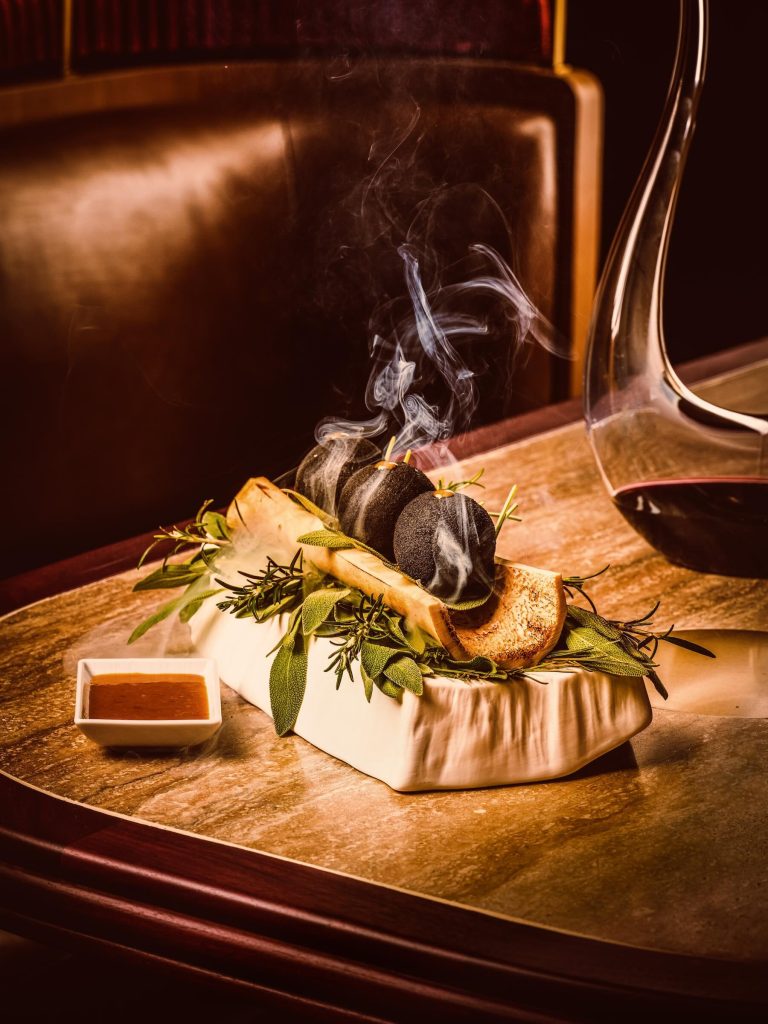
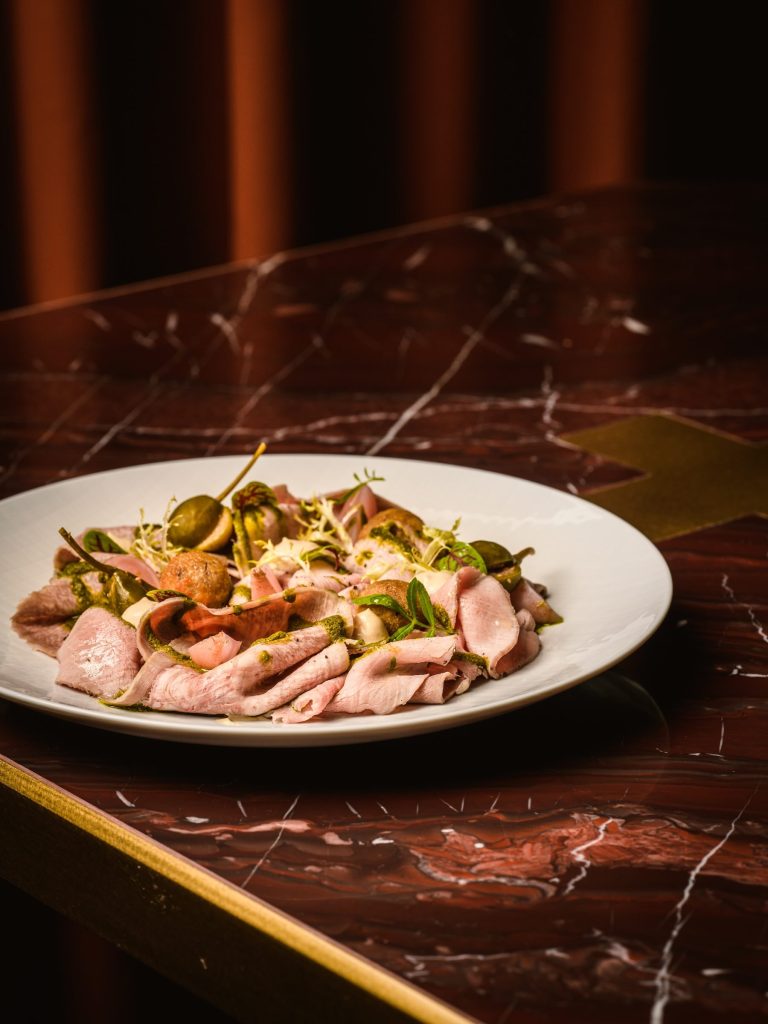


Diners can sample Carna’s take on the classic bistecca alla Fiorentina, a signature of the Tuscan region, alongside plates such as the Chianti tartare made with beef rump, and the flavoursome brodo di manzo con ravioli del plin, a double-boiled beef tail soup with beef ravioli and porcini mushroom, which follows Cecchini’s zero-waste concept of using all animal parts.
Daniele Milliani is the “fantastic executive chef” pegged by Cecchini to carry out his vision. He is not only a Tuscan native, but hails from a neighbouring town less than 20 kilometres from Panzano, and has spent time working with Cecchini at this butcher’s shop, as well as honing his skills internationally. “Daniele is like a son to me. He understands my philosophy,” says Cecchini. “A butcher knows the alphabet of meat. A chef with that alphabet can write poetry.”
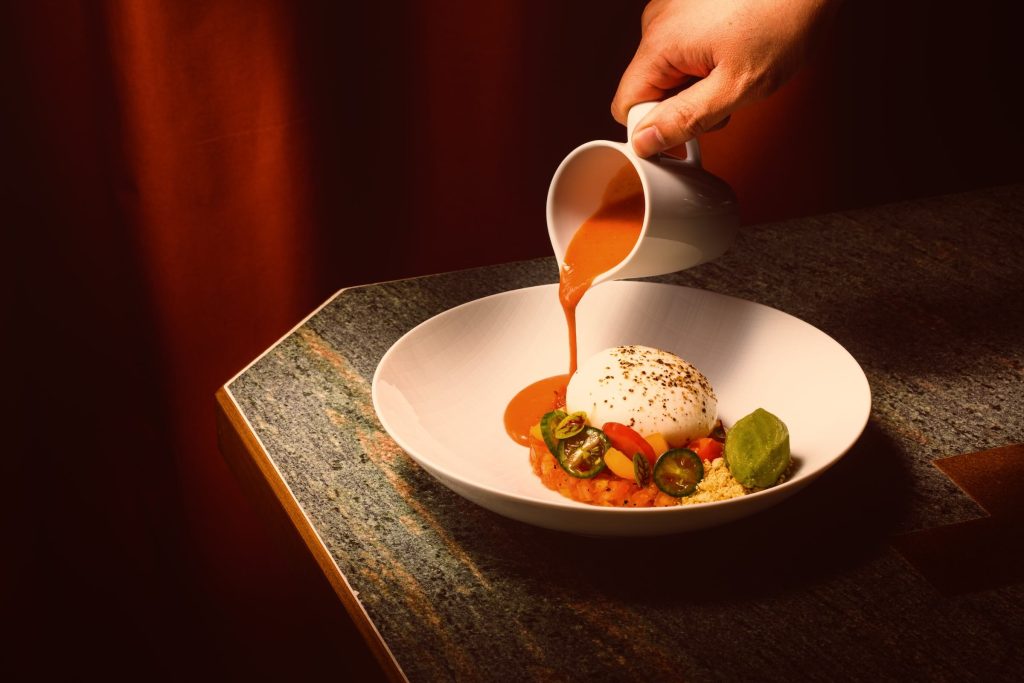
Under their joint direction, the menu is peppered with rustic Italian dishes; the polpette ripiene di midollo deep-fried meatballs in bone marrow and orange sauce and salsiccia alla griglia charcoal-grilled beef and pork sausage are just a few creations rarely seen in Hong Kong. Dishes with personal history grace the menu, too—the insalata di tenerumi, a warm salad of beef shin, carrot, celery, onion, and salsa verde, is a recipe is based on the boiled beef knees Cecchini’s grandmother used to make for him, served with raw vegetables.

Coming from the Chianti region, the wine and beverage programme must be an appropriately excellent complement to the food, and Cecchini is not short on choices. “We come from the Chianti Classico wine region, where a very high quality of red wine is traditional. Watch for the Fontodi Chianti Classico, or the Molino di Grace Chianti Classico, both from our tiny village of Panzano.” Carna also extends its “no-waste” approach to cocktails—try the Carna beef-fat-washed bourbon with salted maple syrup and cumin bitters.


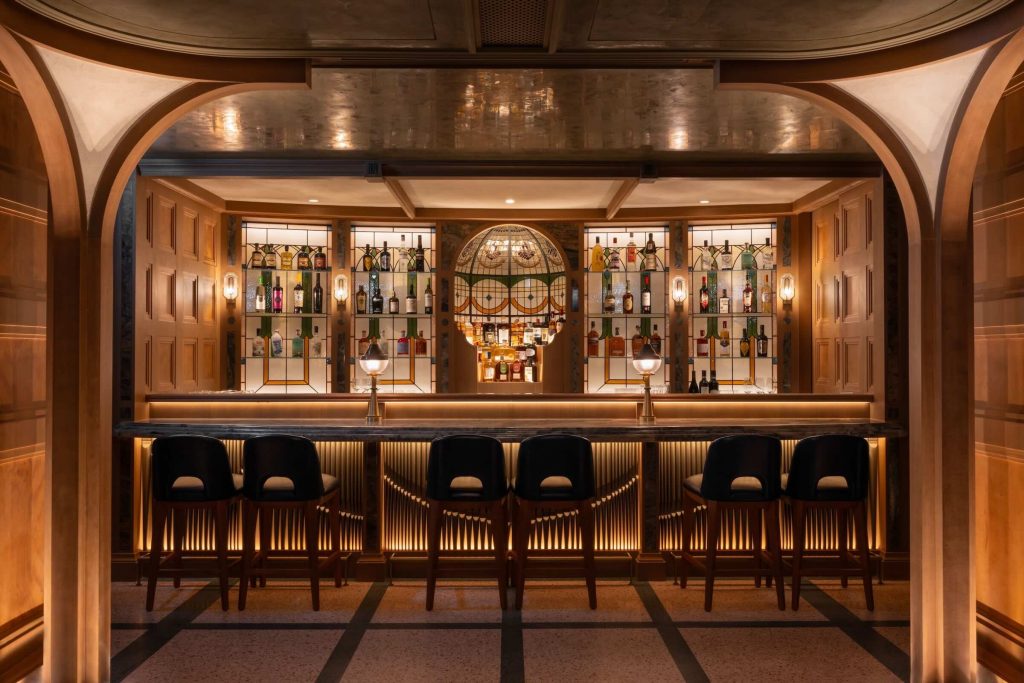


A theatrical opera of carnivorous eating deserves an equally reverential stage. As with much of her studio’s work, Joyce Wang’s inimitable fingerprints can be keenly felt in the deeply sumptuous interior design of Carna, a space of stained-glass murals and recessed ceilings that feels more like a place of worship than a restaurant. Marbled ceilings, curved posts, velvet banquettes, and panelled walls give the impression of walking into a cave of wonders. At the far end, the restaurant opens up to floor-to-ceiling views of the Victoria Harbour.
Balancing a meat-centric restaurant with a sustainability ethos will certainly have some people raising their eyebrows, but Cecchini believes that the concept works as long as he uses all viable parts of the animal in order to eliminate waste. He sees a kindred spirit in the way Hong Kong cuisine is prepared, drawing similarities between the local style of ingredient preparation and his own traditional nose-to-tail dining practices. “I have always really liked the Hong Kong philosophy of using everything well—no waste. It is an extremely deep-rooted tradition here, and therefore I find our parallel philosophies to be like sisters.”
In his professional opinion, Cecchini believes there is no best cut of meat. “Every part, if prepared well, from an animal that has lived [a good life], can be equally delicious.”
39/F, Mondrian Hong Kong, 8A Hart Avenue, Tsim Sha Tsui, Hong Kong
Tel: (+852) 3550 0339
All images courtesy of Carna by Dario Cecchini.





